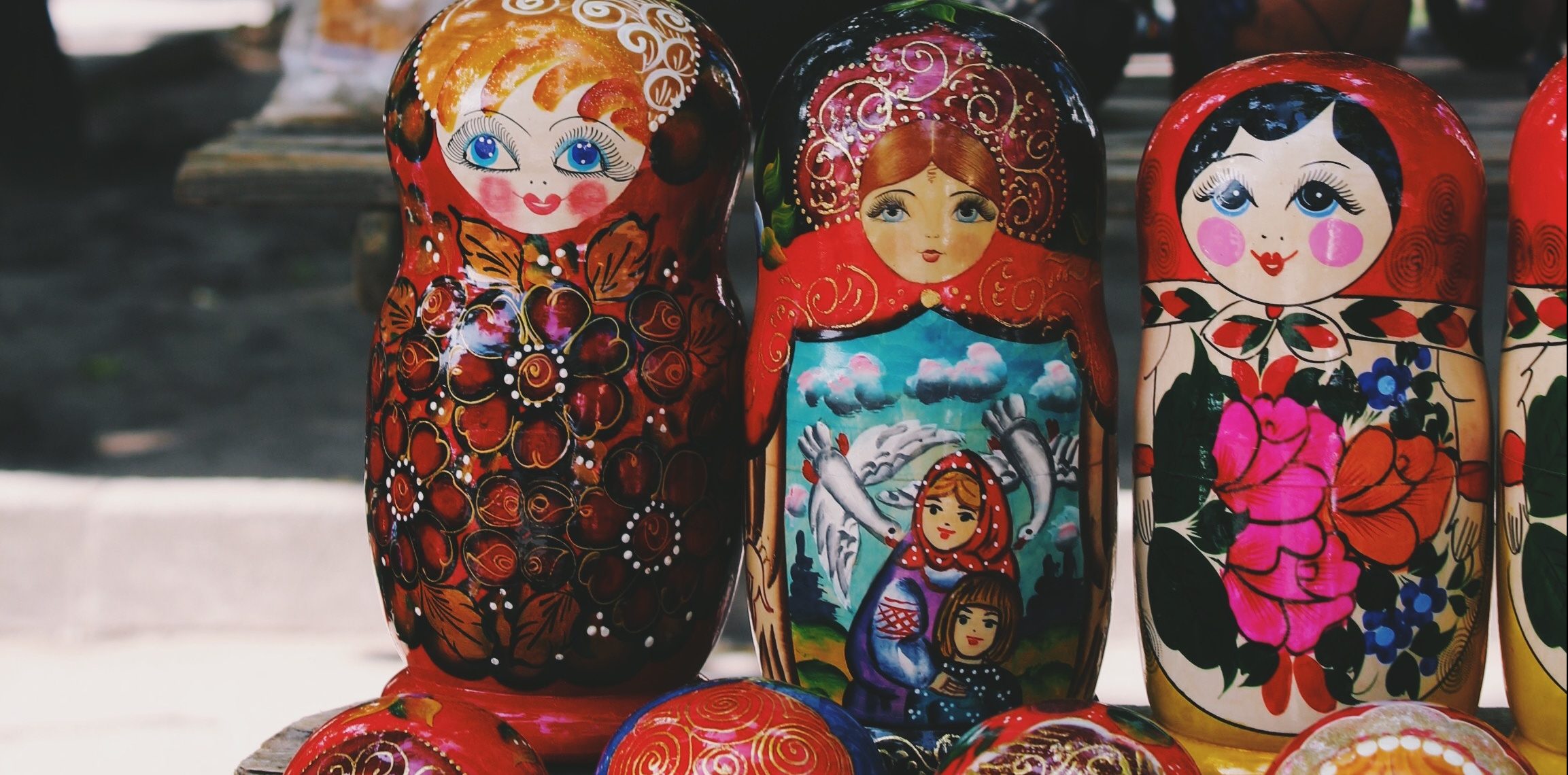
Not unlike the iconic matryoshka (матрёшка) dolls, Russian people may be quite different from your first impression upon meeting them. The Russian smile, or lack of it, is one example. I am just one of the many who noticed this.
Russia was at the centre of the world’s attention when it hosted the World Cup last summer. Naturally, I was keen to follow the news. More than the football itself however, what was most memorable for me was a BBC video about how Russian transport workers are taking classes on how to smile at foreigners.
Why would people need to take a class on how to smile? Smiling at strangers is normal in daily life in the West, especially in America. It is a sign of friendliness and that one is not a threat. In Russia however, “laughing for no reason is a sign of stupidity” and in some cases may look “alien and suspicious” according to some participants in this training.
My (limited) experience with Russians points towards the same. Customer service culture is not common. No polite smiles or niceties to please guests, sometimes they can even be rude. When I first meet Russian people in Stockholm, where I live, a serious handshake and introduction is enough, no smiles either.
Yet, does this mean Russians are unfriendly? It depends on what your definition of friendliness is. My experience is that despite a colder exterior, I have made close Russian friends over time and in fact it is easier than making Swedish friends, who are famous for being reserved and shy. Once we are friends, it was easy to hang out together, and they typically invite me places and do thoughtful gestures. They are curious about your life. And then, the Russian smile is no longer elusive.
Perhaps there is an initial wariness of strangers, but it is clear that it only takes some effort to get them to warm up. Once they see that you are trustworthy, it will be a sea change from your first impression of them. This is something I still have to get used to. For me, I expect about the same politeness from people regardless if they’re a stranger, an acquaintance or a friend. Russians seem to be very clear about these distinctions and how they treat these groups of people differently.
Things may be different for younger Russians, though, who has more contact with “the West” than the Soviet generations. One Russian acquaintance of mine in Stockholm is Yulia. She moved to Sweden to study her Master’s degree. She smiles freely as would an average Swede, to strangers as well as friends. When I told her about the smiling classes in Russia, she shrugged and said nonchalantly “Of course! It is good to have that!” as if such training is the most normal thing in the world.
She also told me this is how Aeroflot flight attendants can tell who are the Russians and who are the foreigners. Once, as a test, she smiled to Russian flight attendants serving food. They then asked Yulia which food she would like to have. In English.
For most people in Moscow though, a straight face is still the norm. To blend in with the crowd in the Moscow metro, I myself will have my a poker face on. The Russian smile can wait.

Students will be happy to learn that the Russian Government has today announced plans to make Russian language easier in an effort to simplify greater international engagement. …

In a previous post, we revealed that Russians don't really say “na zdarovje” when they toast. While the phrase has been popularised in English language media – and a lot of Russians will nod politely and clink glasses with you if you use it – it’s not something a native speaker would ever…
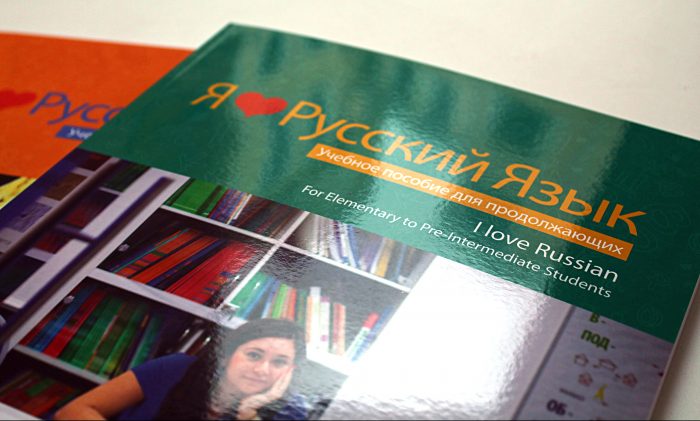
Improve your Russian while working as an expat? Mission possible! …

What could be a better way for Russian immersion than reading, especially when you read the books that you find interesting and that can give you a better idea of the culture of Russia? Co-founder of Liden & Denz, Walter Denz shares his experience on how reading Russian literature can improve your…
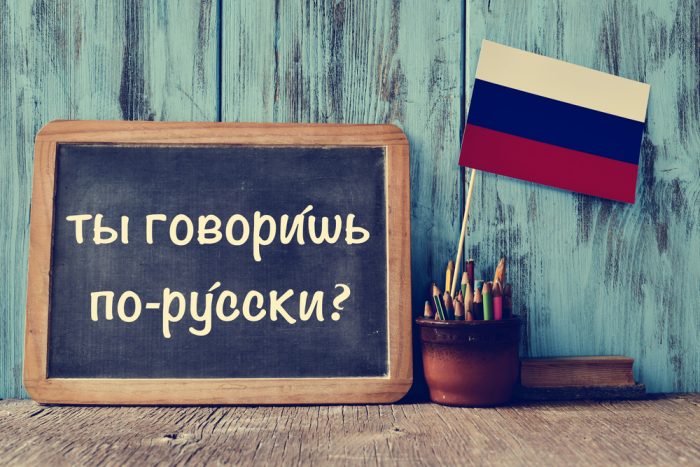
Learning a language is hard. Keeping it when you don't have classes is even harder. So this article is not about how to learn Russian, but how to maintain your Russian. …
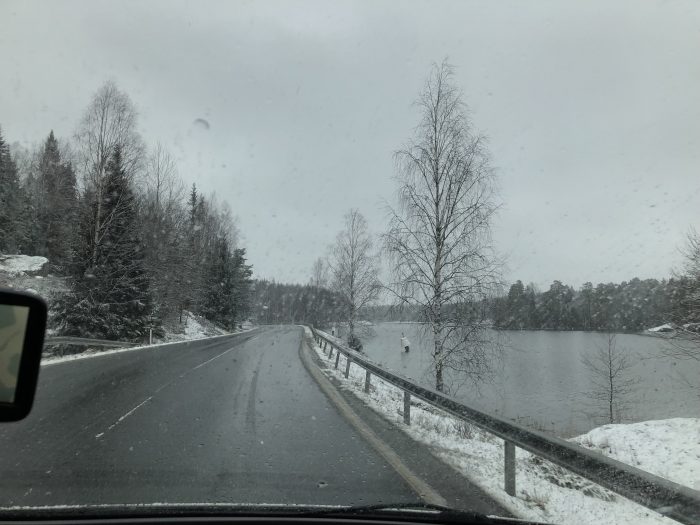
I love Russia. I have been living in St. Petersburg for almost two months, and after travelling all around the world it feels like I have finally found a place where I would see myself settling down. The inexorable beauty of the streets, the architecture, the importance of art and culture, the water…

Oh, the Russians! I was recently watching the last season of Stranger Things and, to my surprise, Russians are quite present there. For those of you who might not be familiar with the TV series, it is set on an American town during the 80s. And what do we recall from those times? The unique fashion…
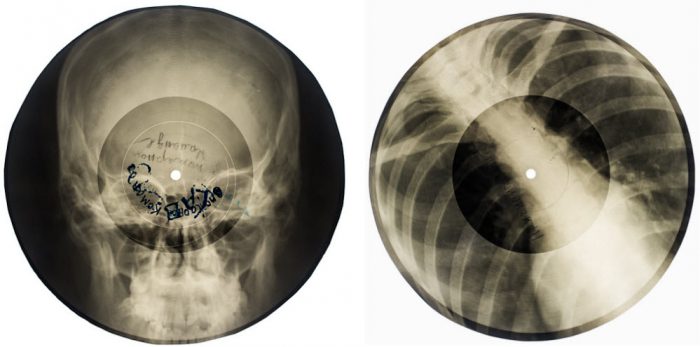
In an attempt to improve my Russian skills, I decided to start watching a TV series in Russian. After thorough research, the result of which you can read on my post about how to learn Russian with Netflix, I decided I would start watching Fartsa. I am no sure of how much Russian I am learning thanks…